Consider Wrapping
Horse training methods come in many different packages. During the early part of my career I relied on riding and round pen techniques to solve training and performance problems. As I realized horses with mental resistance usually had physical problems, I turned to the alternative therapies. I work with acupuncturist and chiropractors and learned massage and stretching exercises. The blend of body therapies and innovative training helped the horses perform better than ever.
Then I discovered a system that literally ties it all together. It looks a little whacky, but it works on horses like a magical training tool, a massage method, and a psychotherapy session all wrapped up in one. I call it wrapping, because it involves stretching bandages around the horse’s body. Despite the fact that your horse will look like a highly decorated Christmas present, I urge you to learn how to apply and give this system a try.
Consider Wrapping
Horse training methods come in many different packages. During the early part of my career I relied on riding and round pen techniques to solve training and performance problems. As I realized horses with mental resistance usually had physical problems, I turned to the alternative therapies. I work with acupuncturist and chiropractors, and learned massage and stretching exercises. The blend of body therapies and innovative training helped the horses perform better than ever.
Then I discovered a system that literally ties it all together. It looks a little whacky, but it works on horses like a magical training tool, a massage method, and a psychotherapy session all wrapped up in one. I call it wrapping, because it involves stretching bandages around the horse’s body. Despite the fact that your horse will look like a highly decorated Christmas present, I urge you to learn how to apply and give this system a try.
One Idea Starts The Experiment
I started experimenting with wraps after watching trainer Linda Tellington-Jones wrap an Ace bandage around the hocks of a mare who kicked. Tellington-Jones also mentioned she sometimes used a wrap directly under the horse’s tail. The Ace bandage seemed effective, so I took notes on this new tool to try at home. Over the next year, I placed all sorts of wraps (Ace bandages, track and polo wraps) around horse’s necks, backs, girths and tails. I put them on problem horses, injured horses, young horses without any training and old campaigners. I put them on horses loose in their paddocks, horses standing tied, horses working under saddle, and those in round pen work.
The results were amazing. Horses wearing the wraps became more relaxed. Those who fussed or pawed when tied or those who paced in their pens quieted down and stood still. The touchy, flighty horses lost their spook, and the klutzy, stiff and young horses found their feet and began moving in a naturally collected manner.
The riding horses also responded well. The bandages seemed to operate like a feed-back loop, helping the horses better balance a rider’s weight and collect properly. This allowed the horses to pick up the correct leads, lengthen their necks and put their heads down. They also quit swishing their tails.
I found that injured horses also benefit from the bandages. The wraps massaged their muscles while the horses moved and helped them maintain good posture while their injuries healed. The horses responded quickly to their massage, stretching, and chiropractic treatments too.
Now, I use wraps regularly when I work my horses at home. Quite simply, I’ve found them to be a most effective, simple, and safe training aid.
Dee Howe is not a licensed veterinarian. She does not treat or diagnose illnesses. She is an equine consultant, addressing the present state of the horse being evaluated. Dee is a practitioner of bodywork that is based on Biodynamic Craniosacral Therapy. This alternative therapy is not licensed by the state of California. Dee Howe is a traveling consultant and horse trainer/teacher that focuses on the body as a whole to improve overall health and performance of the horse.
We recommend that you consult with your veterinarian before choosing to engage in any type of body work or alternative therapy.

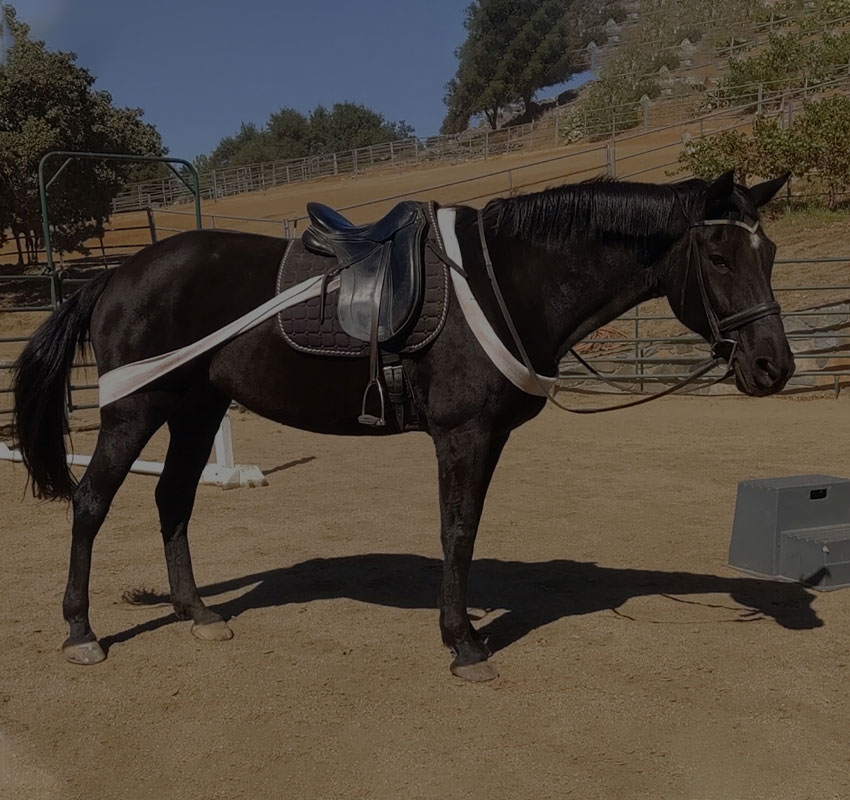
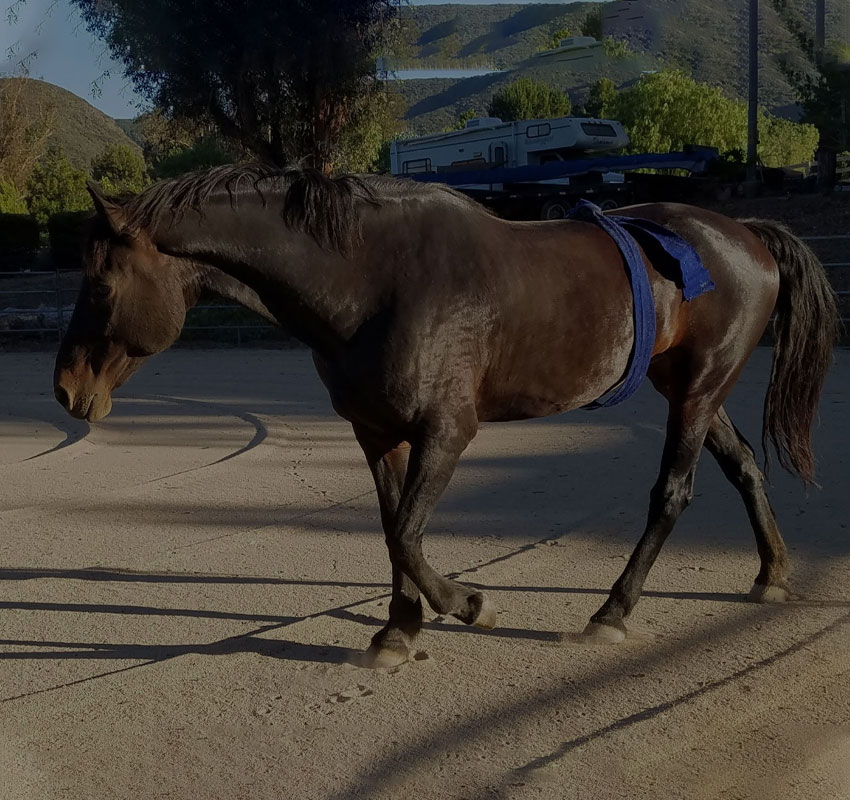
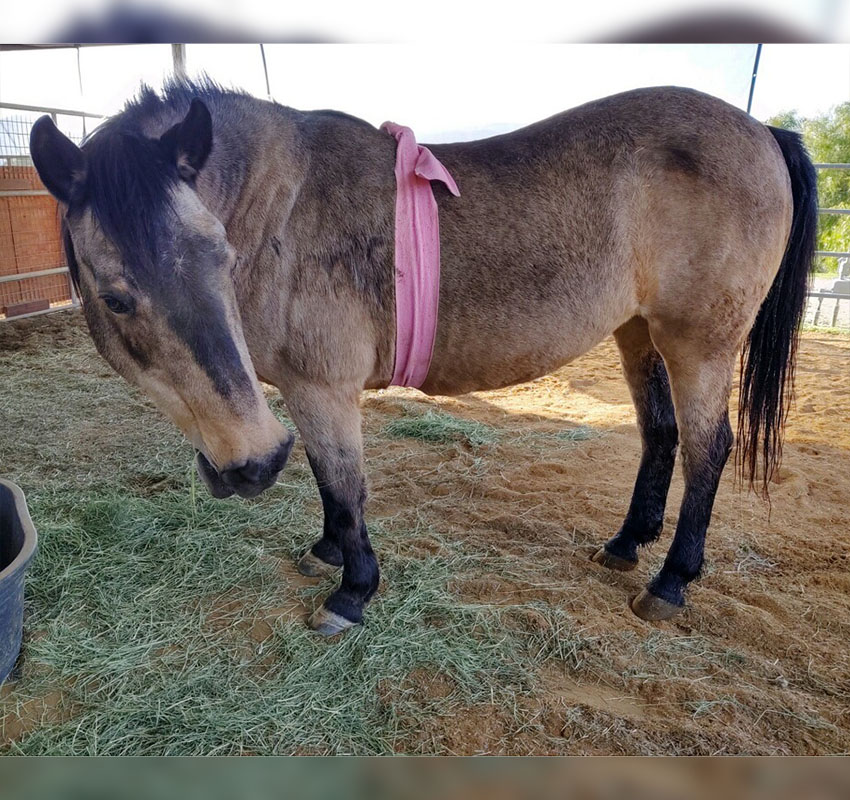
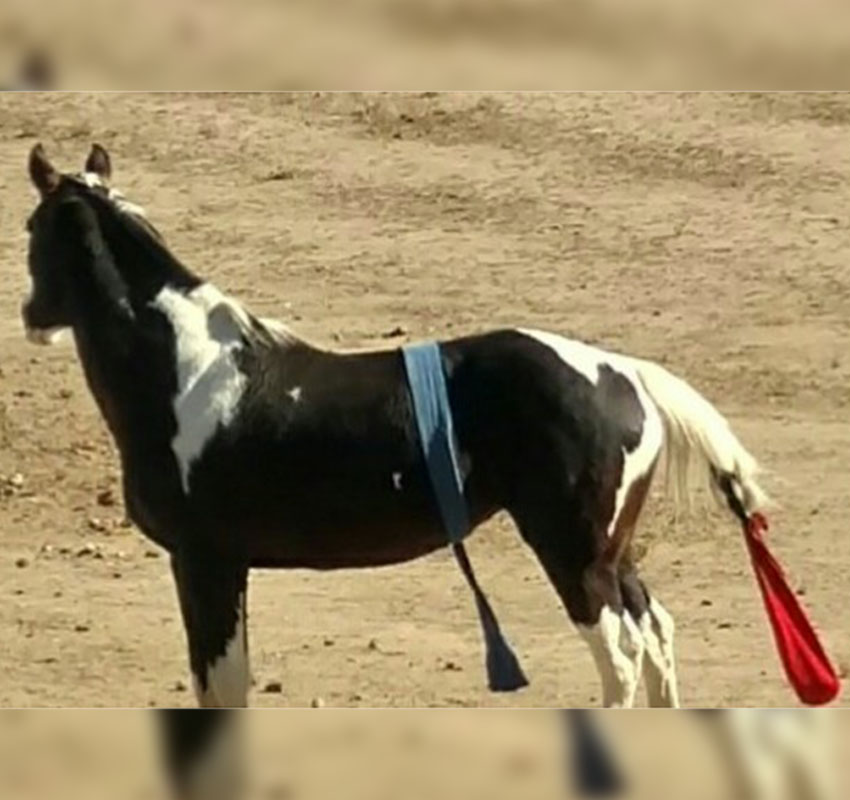
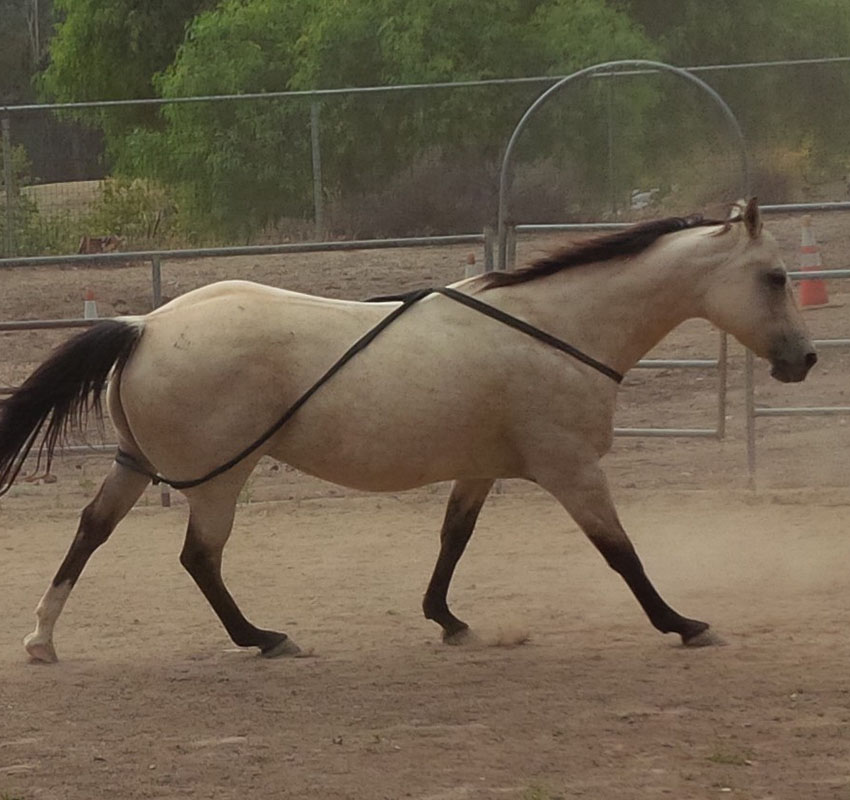
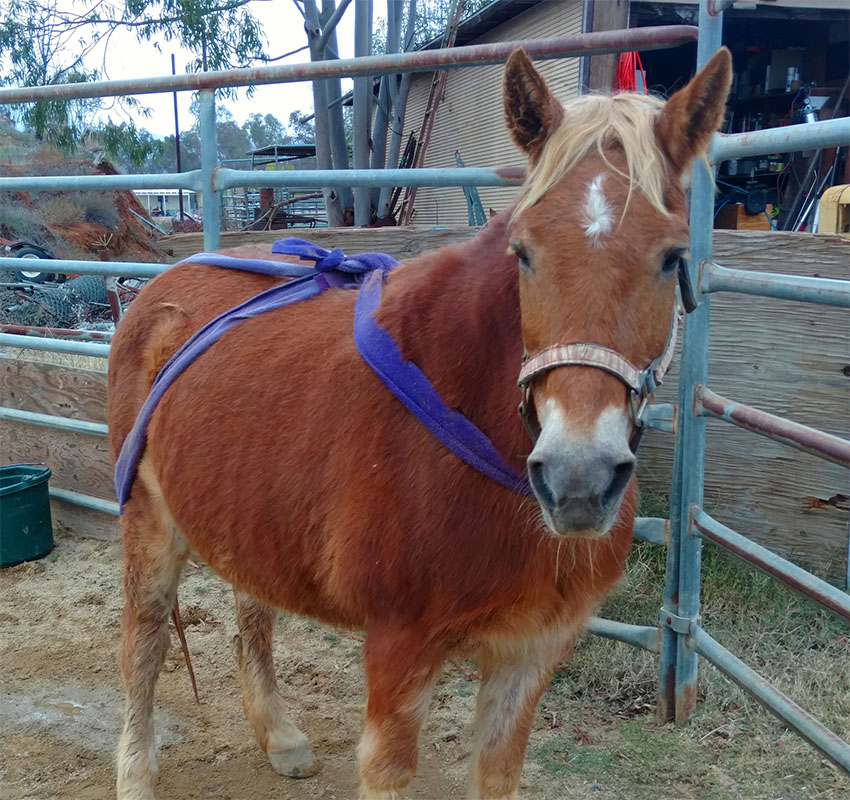

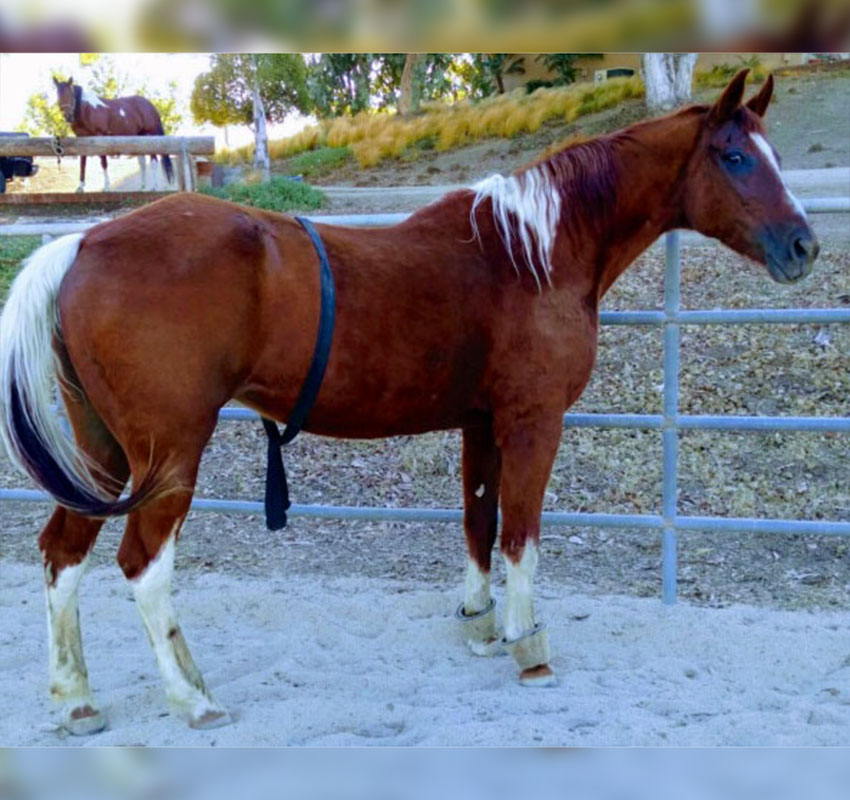
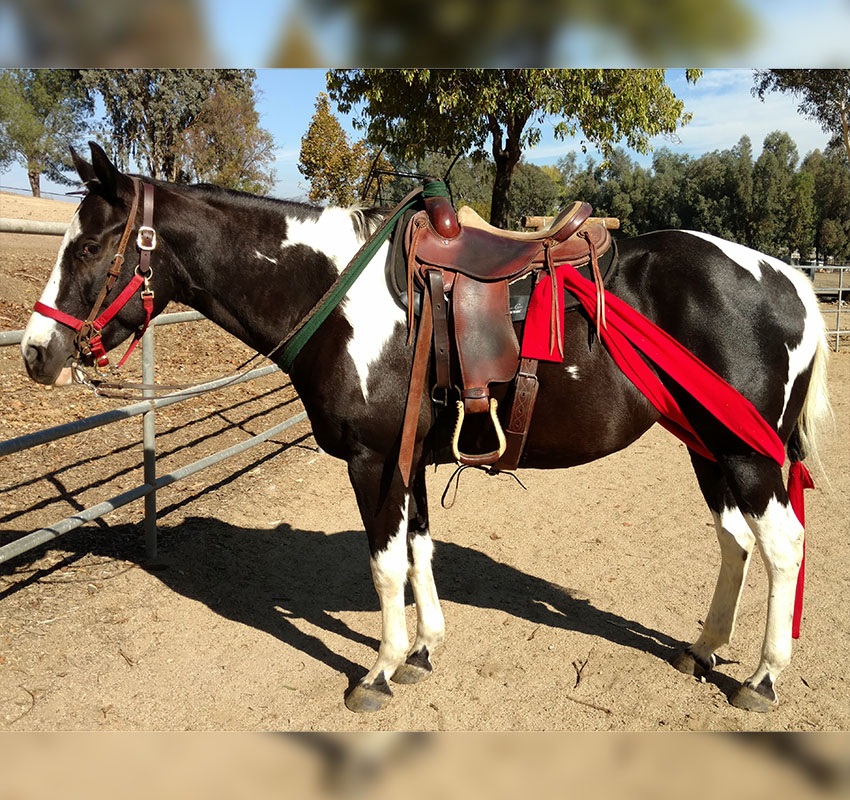
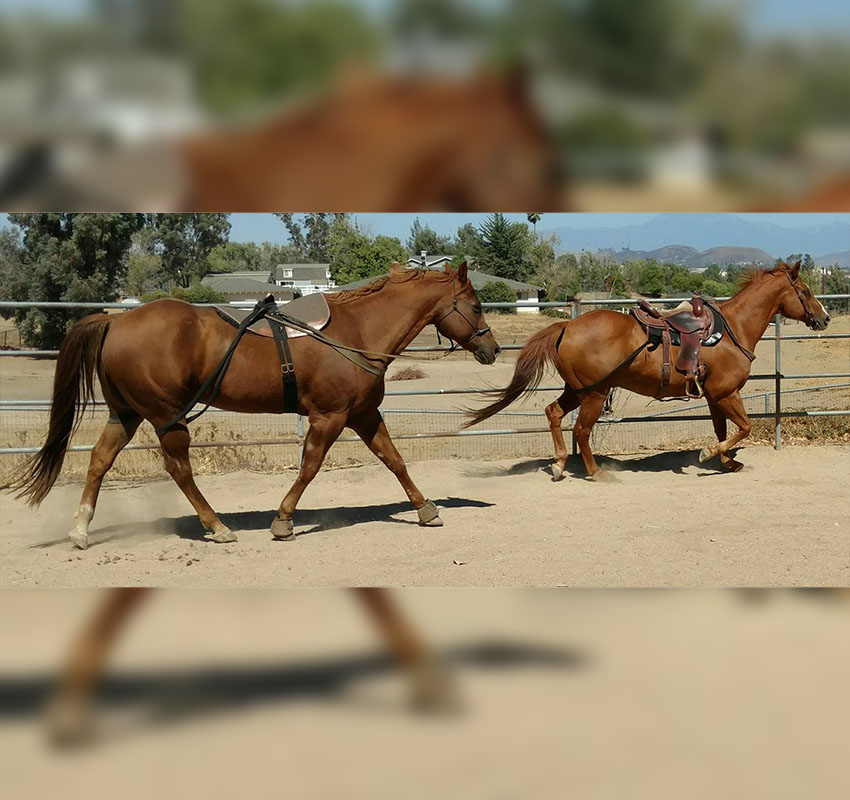
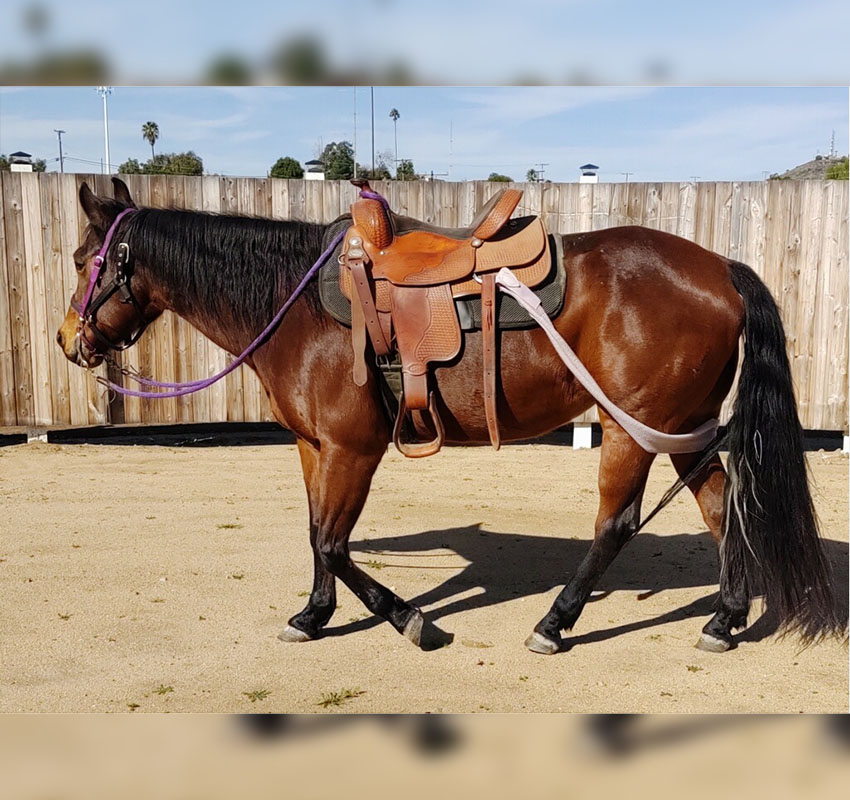
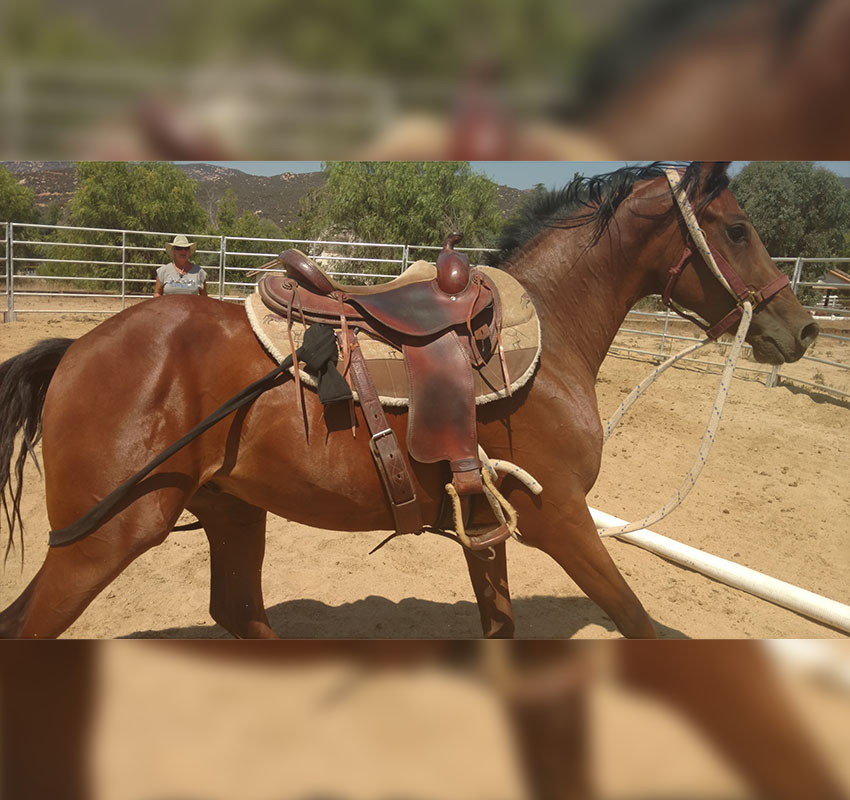
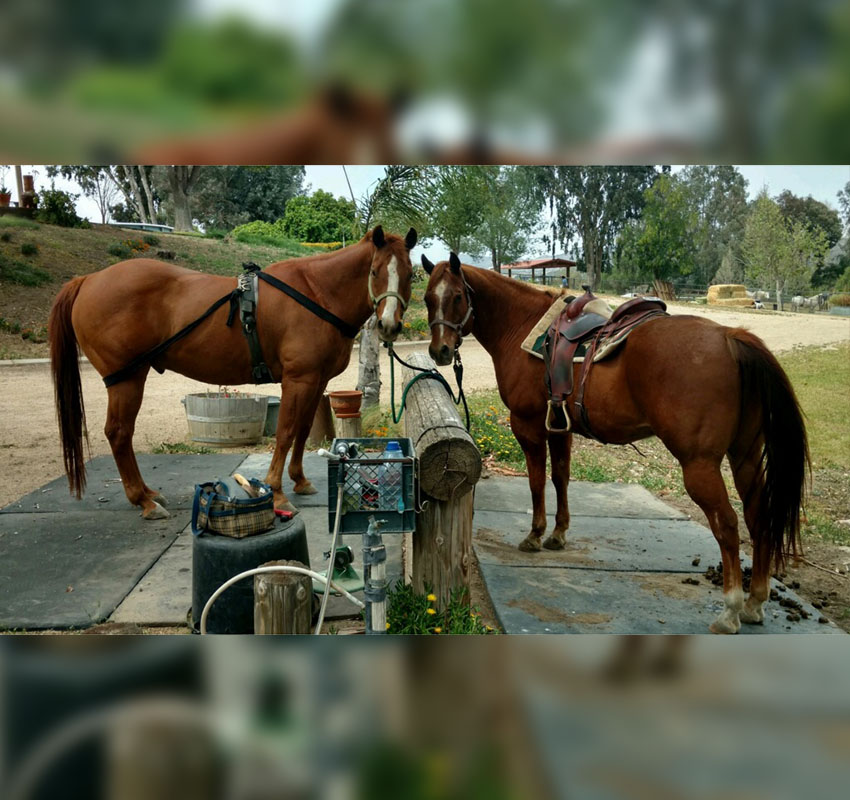
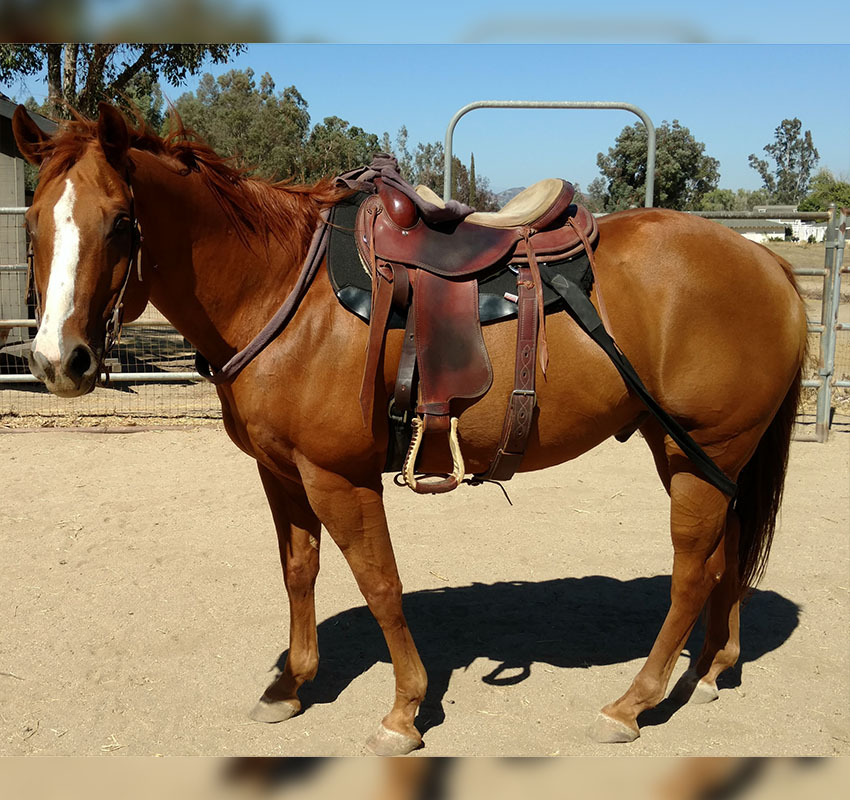
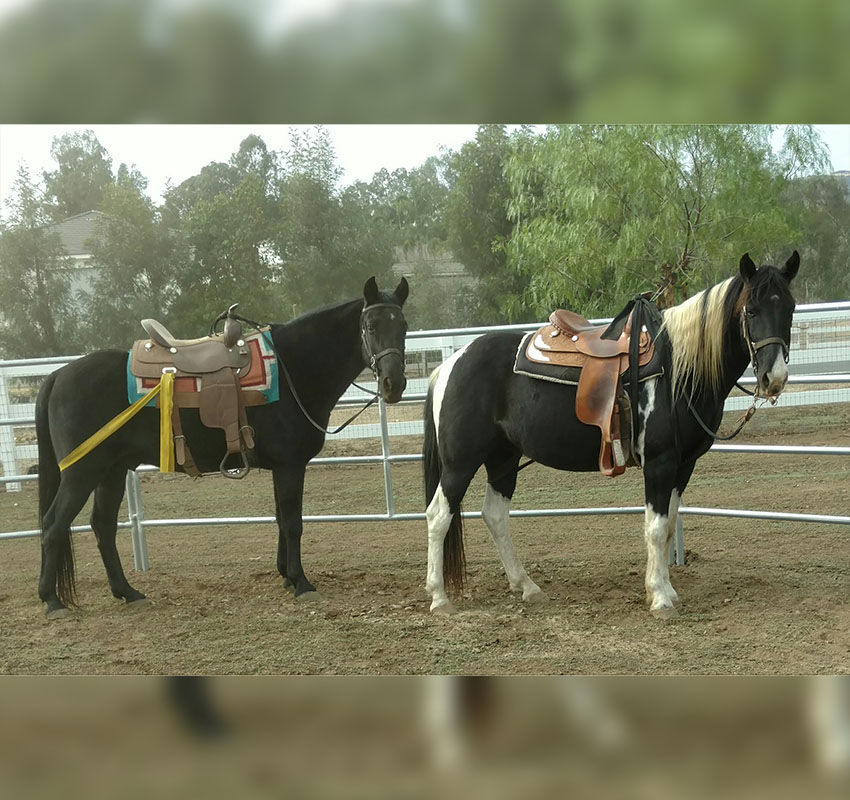
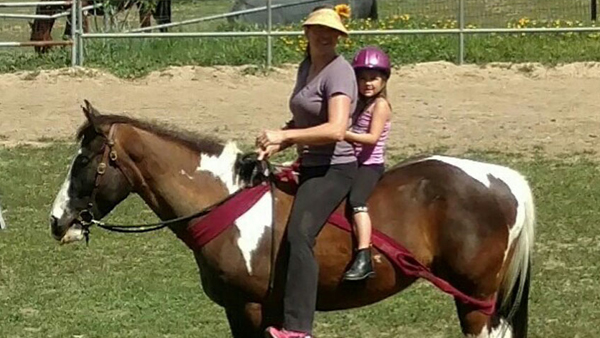
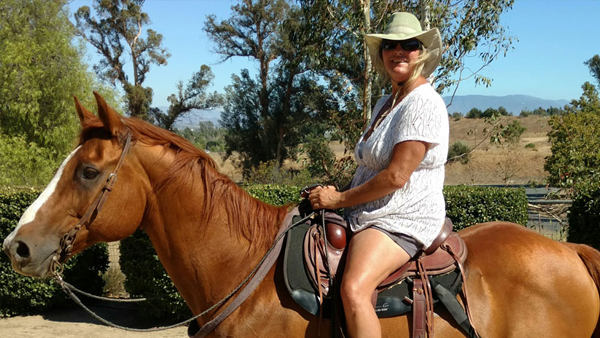
 Sway Backs
Sway Backs